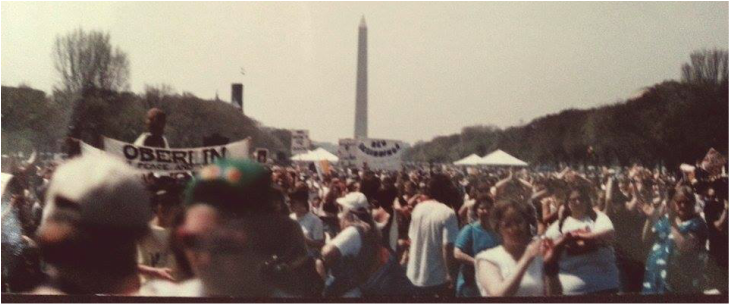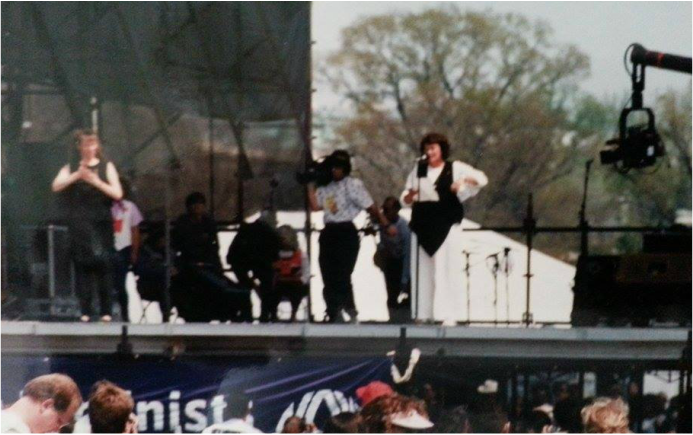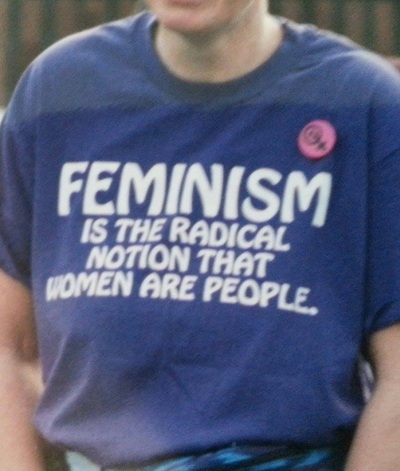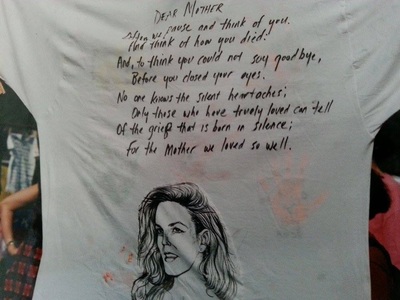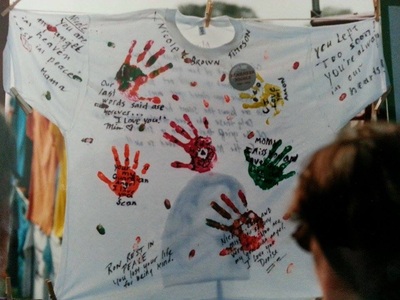We must learn to live together as brothers, or we will perish together as fools.~ Martin Luther King Jr.
“I joined National Organization of Women in the late 60’s. But I was most active in the 70’s. In 1964 the Equal Pay Act passed, but for some reason the employers still only paid about $ .55 for every $1.00 a man made. A man was brought into my department for me to train that made $100.00 more than me a week. When I approached my male boss about this, back then bosses were always male, I was told it was because he had a family. That was the only reason given. So I filed a lawsuit against the company. My lawyer was Alice Ballard, a feminist that just finished a racial discrimination case against US Steel and won. It was an amazing education to watch her work her craft. After a few months, the lawsuit was settled and I received 2 raises within 6 months. Also the company brought up every woman’s wages to that of the men in her department. Due to me working in personnel, I had access to everyone’s salary and was so proud that this occurred. I felt like I played a small part in the movement. On a side note, I was laid off shortly after this case, so I again sued for retaliation and won that case also.”
THAT’S AMAZING THAT YOU ACCOMPLISHED THAT. IT’S HARD TO BELIEVE THEY COULD JUSTIFY DOING THAT THOUGH.
“Back then when you went for a job interview, the first question that a woman got asked was if you were married. If you were, you might have children, so that worked against you. Even though it was illegal to ask, they still did and because you were alone in the room with your interviewer, you had no proof.”
SO MUCH FOR WOMAN’S RIGHTS. SO DURING THE TIME YOU WERE ACTIVE IN THE MOVEMENT, DID YOU EVER PARTICIPATE IN ANY MARCHES OR DEMONSTRATIONS?
“In 1986, my husband Jon and I marched for women’s rights and for reproductive rights in Washington DC. This was called the March for Woman’s Lives. Attendance was approximately 500,000. It was really incredible to be with so many people that held the same views as we did. Then in April 1995, Jon and I did front stage security for a march against domestic violence in DC. We were chosen for this because we were escorts at a clinic that provided abortions in Philadelphia. Since we had the most out of control and violent protesters, the march recruited our escorts to provide the security. I met and saw some remarkable women at this march, including Nicole Simpson’s sister, Denise Brown (Nicole was murdered at her Brentwood home and OJ Simpson was charged but not convicted), rocker Joan Jett and Eleanor Smeal, the founder of the Feminist Majority. They had the clothesline project displayed at the mall, where each shirt had writing on it and each color of the shirt had a meaning. Yellow represented battered women...red were survivors of rape...blue was incest and sexual abuse...purple were attacks because of sexual orientation...white was for death by abuse. Also in 1995, we participated in a large rally in New Jersey for the 75th anniversary of the 19th amendment granting women the right to vote, where we ended up being guests at the Alice Paul house, who was one of the original suffragettes.
There were also many marches we were in against domestic violence in Doylestown and many times in Philadelphia we stood on street corners holding signs supporting reproductive rights."
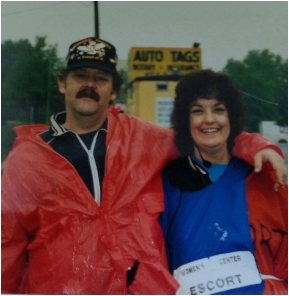
“Everything. A woman’s job before the movement was to cook and clean and serve her man. Most women did not work outside the home. Women in the workplace were second class citizens. Most jobs were secretaries and dusting their boss’ desks. All the decisions of the home were made by the man. Woman had to always wear skirts no pants. I remember in junior high school you got in trouble even if you wore culottes (which were pants that looked like a skirt). If you went to center city (downtown Philadelphia), you got dressed up with high heel shoes and a dress. When I was about 16, I travelled to center city to meet with friends at a restaurant and I decided to wear slacks, my mother was not happy but I did it anyway.
WOMEN HAD LIVED WITH THESE BOUNDARIES DEFINED BY SOCIETY FOR A VERY LONG TIME. WHAT DO YOU THINK WAS THE TIPPING POINT FOR WOMEN? WHAT DO YOU THINK MADE THEM FINALLY SAY THEY’D HAD ENOUGH OF THE LIMITATIONS PUT UPON THEM?
“Most women were unhappy with their lives at home. They had no say. The tipping point for me was hearing women like Betty Friedan, who was the first president of NOW, and Eleanor Smeal, a woman I later met at a rally in Allentown and was able to personally thank her for how she changed my life. Also a big influence on me was Shirley Chisholm, who was the first black woman to run for president, even though she did not have any chance to win, she ran anyway, an amazing woman. The time was right for them and women listened when they spoke. It was a wonderful time to be alive and you could feel things were changing.”
NOT ALL WOMEN INITIALLY SUPPORTED EQUALITY. PERHAPS IT WAS OUT OF FEAR OR MAYBE THEY FELT THEY DIDNT DESERVE IT, OR THEY WERE JUST USED TO THE STATUS QUO. SO WHAT DO YOU THINK SET YOU AND OTHERS LIKE YOU APART. WHY DO YOU THINK YOU SUPPORTED EQUALITY?
“My parents taught us at a very young age that we should be activists and fight for what we believed in. We were never afraid to express our opinions. You could achieve anything you wanted. There is a picture somewhere of my sister Ileen around age 4 with a sandwich sign on, protesting the builders that built our home, because the basements leaked. My parents also would show up at the clinic to show their support for women’s reproductive rights. We always did volunteer work, from a very young age. News was always discussed at the dinner table with no topic off limits.
My entire family was made up of extreme liberals. My grandfather was one of the gentlemen that started the Milkman’s union, and my mother would tell us stories of how red paint was thrown on their porch to represent blood as a threat. My dad’s sister and her husband were at Tiananmen Square protesting with the students. This is where the famous picture of the man that stopped the tanks by just standing in front of them is from. My Great Grandmother, on my mother’s side, came from Poland around 1898, and could not read or write but could do math. She opened a grocery store when she came to Philadelphia, which was unheard of for women to do. My Grandmother, my mother’s mom, opened a hair salon and ran the business by herself. My grandmotheron my father’s side opened a real estate business when she came here from England around 1907, another thing women did not do. With all these feminists and activists in the family, my sister and I had to turn out the way we did."
DESPITE ALL OF THE OBVIOUS STRIDES THAT YOUR GENERATION MADE FOR WOMEN’S EQUALITY, DO YOU FEEL LIKE THERE IS STILL ROOM FOR IMPROVEMENT?
"It is a constant fight for women's reproductive rights, due to the Pro Life legislation that has been passed and that they keep trying to pass. Pro Choice individuals have to be mindful of the fact that the rights you enjoy today, can be taken away. I grew up when it was illegal and many women died from illegal abortions. Please do not take this right for granted.
Also as far as politics, there are now 20 women in the Senate out of 100 and in the House there are 83 women out of 441. As of 2009 there were 158.6 million females and 151.4 million males. So the women outnumbered the men. Even the numbers have increased through the years, YES, there is major room for improvement."
